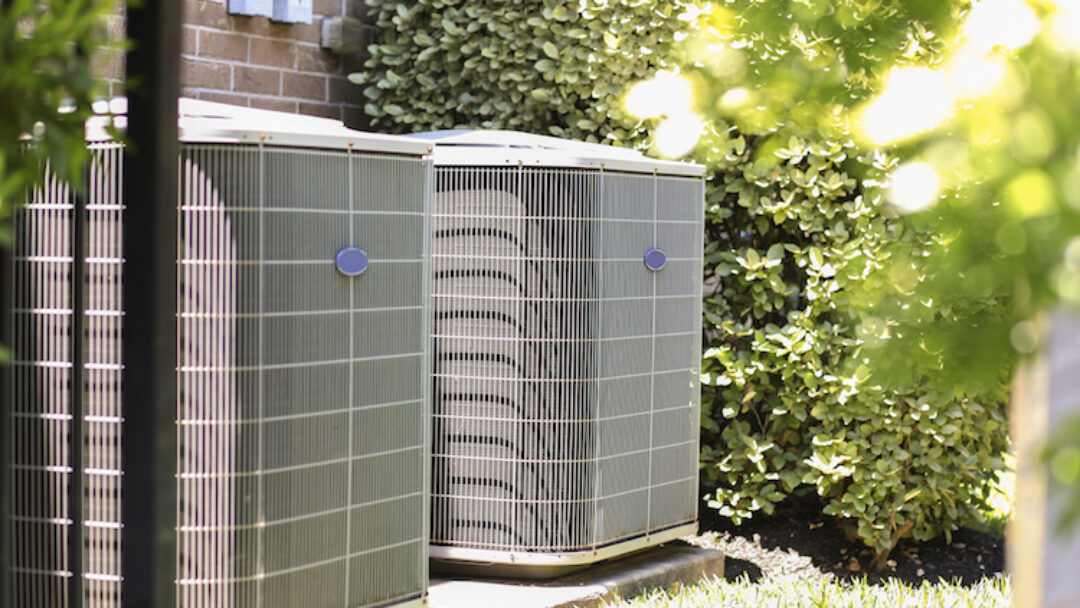Winter is almost over, and we’ll soon welcome spring. Besides, the summer season will be here with us in no time, and you will need that AC unit you have not used for some time.
You want to ensure that your AC unit works efficiently after a long period of dormancy. So, this guide explores the best practices to restore your cooling equipment after winter.
However, if your AC seems inefficient due to the long period of dormancy, you can arrange for repairs here. Most AC experts will be able to address any issues your unit may be having and ensure it’s working correctly.
What to do to your AC after winter
After staying for several months without using your AC unit, your unit could need a little care before switching on after months of winter. Thus you should carry out these steps before you look forward to seeking relief from the summer heat.
Here are the things to do before turning on your AC unit after winter.
1. Clean your air vents
Are the vents and grills of your AC unit open? Before switching on your unit, examining the return and supply of grills and vents is essential to ensure that none of the air vents are closed.
If they are blocked, take a rag and wipe away any dust particles settled on the grates. Experts advise that ensuring your AC unit is free from any blockage will aid the air to circulate freely and eventually cool your home efficiently.
2. Check the ductwork for leaks or damage
Ensure that your ducts are ready for the upcoming project. If you detect any leaks, you must fix them before turning on your AC unit after winter.
The U.S. Department of Energy advises that quite a considerable percentage of the energy lost in the U.S. is a result of the inefficiencies of home heating and cooling systems.
The main aim of executing this maintenance practice is if there are any leaks or damages, you can focus on sealing repairs. The signs of any leaks or cracks are mostly felt along the exposed ductwork parts, disconnected or fallen joints, or where there’s duct tape.
You can contact your HVAC service provider to help seal up areas with such problems.
3. Change your HVAC filter
If your filter is dirty, it can block the airflow in your AC unit, reducing its efficiency. The air filter should be free and clean of any dust particles and debris for them to work efficiently. You should check and replace your AC’s air filters regularly.
The VOXMEDIA published an article recommending monthly maintenance on your air filter while using your AC unit is a must.
However, if you have invested in a permanent one, you can replace it every three months. To be safe, you must thoroughly check your AC’s filter before turning it on after the winter season.
4. Check the drains
Your AC unit has an indoor cooling coil; inside is a drain line in the basement. Unfortunately, the drain gets clogged when dirt builds up inside your AC unit.
To keep your drain free from any dirt during summer, flush a cup of bleach down your AC’s drainage and run through a gallon of water.
5. Check the circuit breaker
During winter, your AC’s circuit breaker could have tripped or switched off if you use an outdoor AC unit. So before the hot season kicks in, you must flip it back.

Ideally, you should reset the circuit breaker 24 hours before switching on your AC unit after the cold season. However, you should contact an HVAC expert if your circuit board has a problem and you need clarification on what circuit breaker controls your outdoor AC unit.
6. Remove the outdoor unit cover
Are you using an outdoor AC unit? A few homeowners in the U.S. choose to use solid pieces of plywood or specific covers to protect and cover their ACs during the cold season. If you are one of them, ensure you remove all these covers before attempting to turn on your AC
Most homeowners make the mistake of leaving their AC’s cover on after winter, which can cause significant harm to their AC unit.
The U.S. General Services Administration depicts that Leaving the cover on increases the danger of wearing the system, which can reduce its lifespan or result in severe damages that may prompt replacement parts, a component repair, or system replacement.
7. Inspect the condenser unit
During winter, your AC’s condenser unit has been inactive for quite some time. As a result, the coils can get clogged with dirt, leaves, and other debris; thus, you should inspect them visually.
Before switching on your AC after winter, ensure that your condenser unit is free from debris or damage that could have accumulated.
You should also check for any missing external panels on your AC unit. The outer panels on your AC protect and cover your unit’s electrical connections from the elements.
8. Inspect refrigerant lines
The lines feeding into your AC unit should get insulated. The efficiency of your unit will improve through excellent and proper insulation.
That will ensure that your AC unit is in excellent and proper working condition by checking for any damages or leaks to the refrigerant lines.
Extreme weather conditions and animals may damage your unit’s insulation of the big copper pipe. However, before starting your AC unit, you must contact an expert HVAC technician to help you take care of it.
Insulation or refrigerant repair should specifically get done by a professional.
9. Check the blower fan blades
Always ensure that your unit’s blades are free from debris and in perfect working condition. For example, can you see the dust on your AC’s blower fan blade?
Vacuum to clean it and later wipe it down. Moreover, you should ensure tight mounting bolts and the motor are well lubricated.
10. Clean the system’s exterior
Remove twigs, leaves, or other debris that may have accumulated on the AC’s exterior parts.
Grass and pollen clippings from the summer season may have stuffed on the outer part of your AC. That can lead to airflow restriction, making your AC unit operate more tricky to cool the air.
Conclusion
The world faces an inevitable economic recession, and saving a few coins is non-negotiable. To avoid incurring unnecessary costs during repairing or replacing your cooling system, you must follow these critical steps before tuning your AC unit after winter. If you implement these practices in the letter, you will enjoy every bit of your summer.




